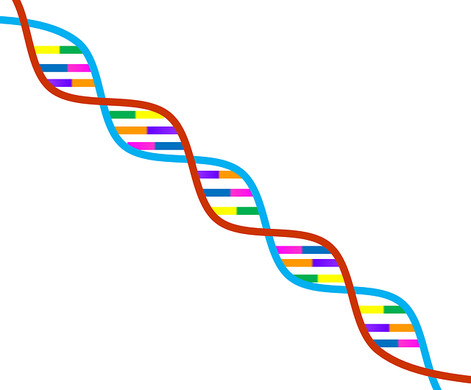
Approximately 10% of breast cancers are due to an inherited genetic mutation. Not all women are referred for genetic testing following a breast cancer diagnosis. This is because many doctors follow the National Comprehensive Cancer Network (NCCN) guidelines, which recommend testing only those individuals who meet specific high-risk criteria. However, a new study suggests that current guidelines miss nearly half of people with hereditary mutations.
The study included 959 people who were diagnosed with breast cancer and had not yet had genetic testing when they entered the study. Of the 959 individuals, about half of them met the NCCN guidelines criteria for genetic testing, while the other half did not. As part of the study, all of the participants underwent genetic testing with a gene panel that checked for mutations in 80 different genes. The researchers found that among the group who met the NCCN guidelines, 9% of them had a genetic mutation identified by the test. Among the study participants who did not meet the NCCN guidelines, 8% had a genetic mutation identified by the test. Had these people not been involved in the study, it’s likely that they would not have been referred for genetic testing, and their mutation would not have been identified.
As a result of these findings, the authors of the study propose that all people diagnosed with breast cancer undergo genetic testing with a gene panel. They note that “expanded panel testing can provide information that may present additional treatment and follow-up options, including clinical trials, for all patients with breast cancer, not just those who meet testing
guidelines.”
Of note, current NCCN guidelines recommend that all women diagnosed with ovarian cancer receive genetic testing.
To read the full study, click here: Underdiagnosis of Hereditary Breast Cancer: Are Genetic Testing Guidelines a Tool or an Obstacle?
To view current NCCN Genetic Testing Guidelines, visit: nccn.org

